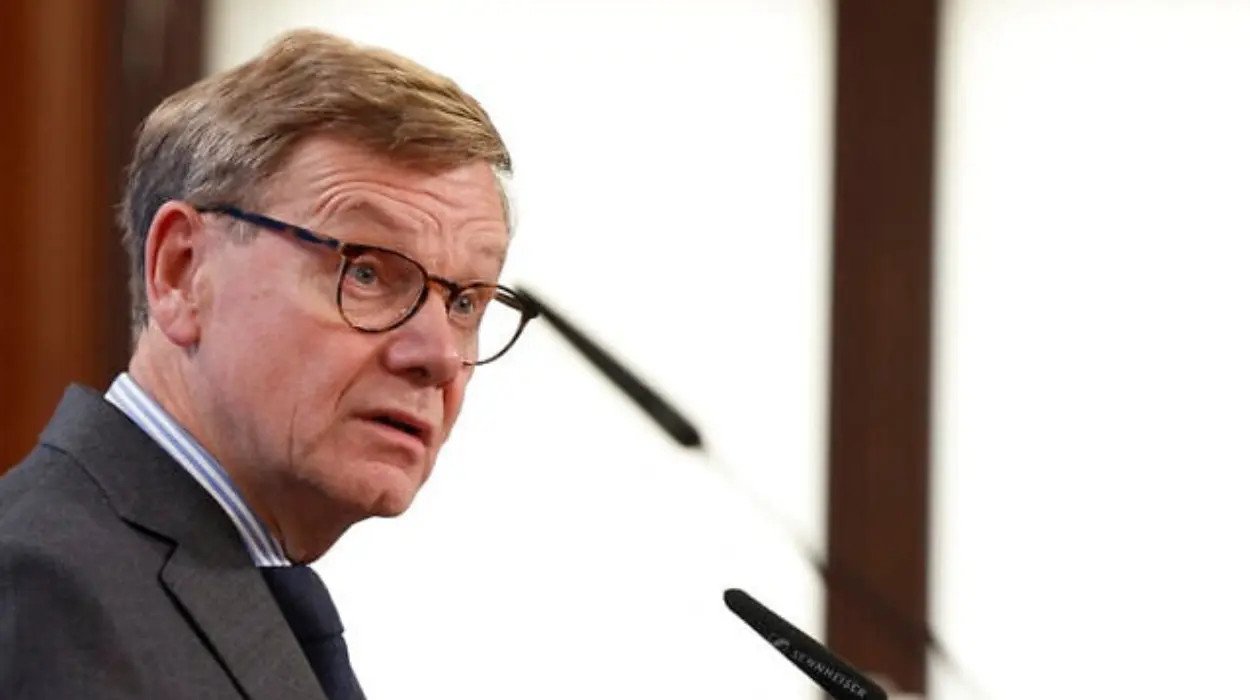Berlin – Germany’s Foreign Minister, Johann Wadephul, reiterated the country’s position that it will only recognize a Palestinian state if Israelis and Palestinians achieve a two-state solution through negotiations, reports 24brussels.
As he prepares to attend the UN General Assembly in New York, Wadephul stated, “a negotiated two-state solution is the path that can allow Israelis and Palestinians to live in peace, security and dignity.” He emphasized that for Germany, the recognition of a Palestinian state is contingent on the completion of a negotiated process, which he argues must begin immediately.
Wadephul’s remarks come as France prepares to become the latest nation to recognize a Palestinian state, following recent endorsements from Australia, the UK, Canada, and Portugal. These nations’ collective recognition aims to pressure Israel regarding its military actions in Gaza, which have resulted in significant loss of life and infrastructure damage, leading to widespread criticism from Western allies.
The ongoing humanitarian crisis has reinforced calls for a renewed focus on a two-state solution at the UN Assembly, where over 140 heads of state are convening. The event, co-sponsored by France and Saudi Arabia, seeks to facilitate discussions centered on establishing secure and recognized borders between Israel and Palestine.
In a notable shift in foreign policy, the UK also officially recognized Palestine, a move described by Prime Minister Keir Starmer as a moral obligation to support peace amidst violence and ongoing humanitarian issues. This stance has been articulated as a response to the extensive challenges faced by the Palestinian people, highlighting the implications of Israeli settlement expansions in the West Bank.
What is the focus of this year’s UN Assembly?
The 80th session of the United Nations General Assembly prioritizes discussions about the future of Palestinians, with significant attention directed toward achieving a lasting two-state solution. This gathering of world leaders aims to address the urgent need for a diplomatic resolution in light of escalating tensions and humanitarian crises in the region.
What’s shifting with Germany’s stance on Israel?
Germany has traditionally been one of Israel’s closest allies, a relationship shaped significantly by the legacy of the Holocaust. However, recent developments suggest a potential shift in this long-standing alignment. In August 2025, Germany halted arms shipments to Israel in response to its declared intentions to reoccupy specific areas of Gaza. Chancellor Friedrich Merz expressed deep concern for the humanitarian suffering in Palestine and questioned the efficacy of Israel’s military strategy in attaining its objectives.
This evolving dynamic reflects a broader context of changing international perspectives regarding the Israel-Palestine conflict, indicative of a growing consensus among some nations on the need for immediate diplomatic engagements and solutions.










